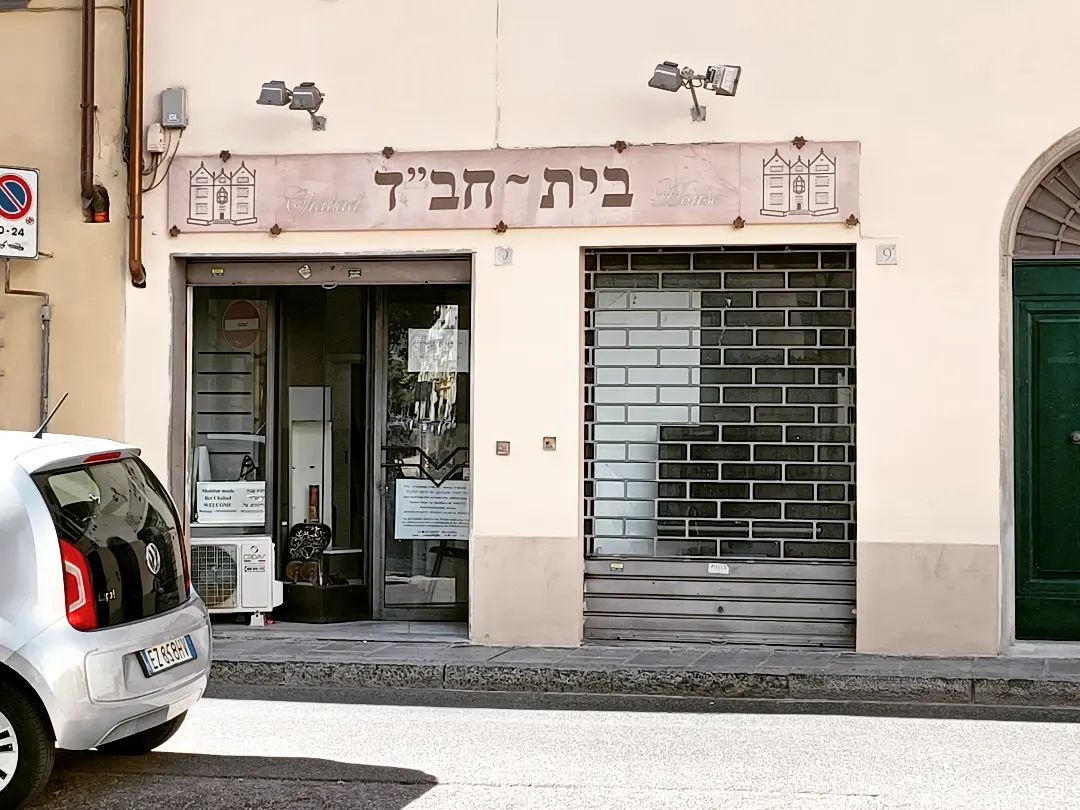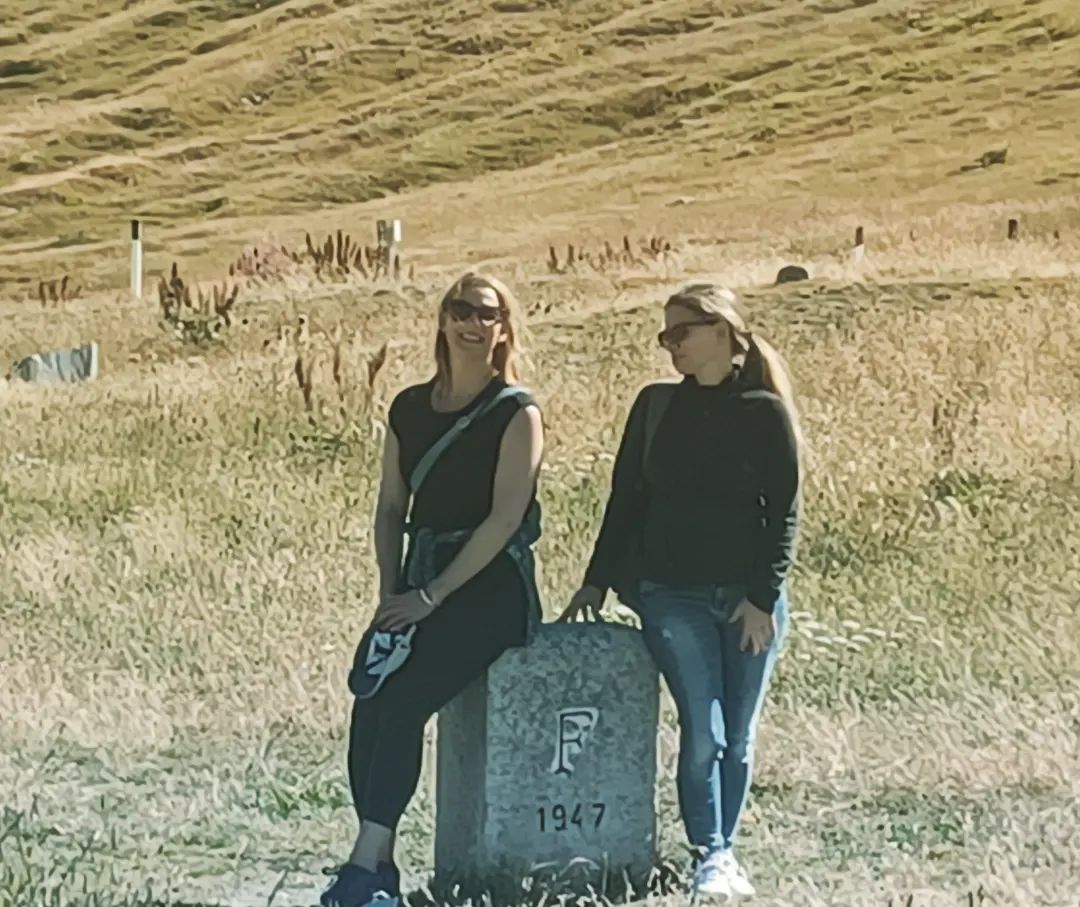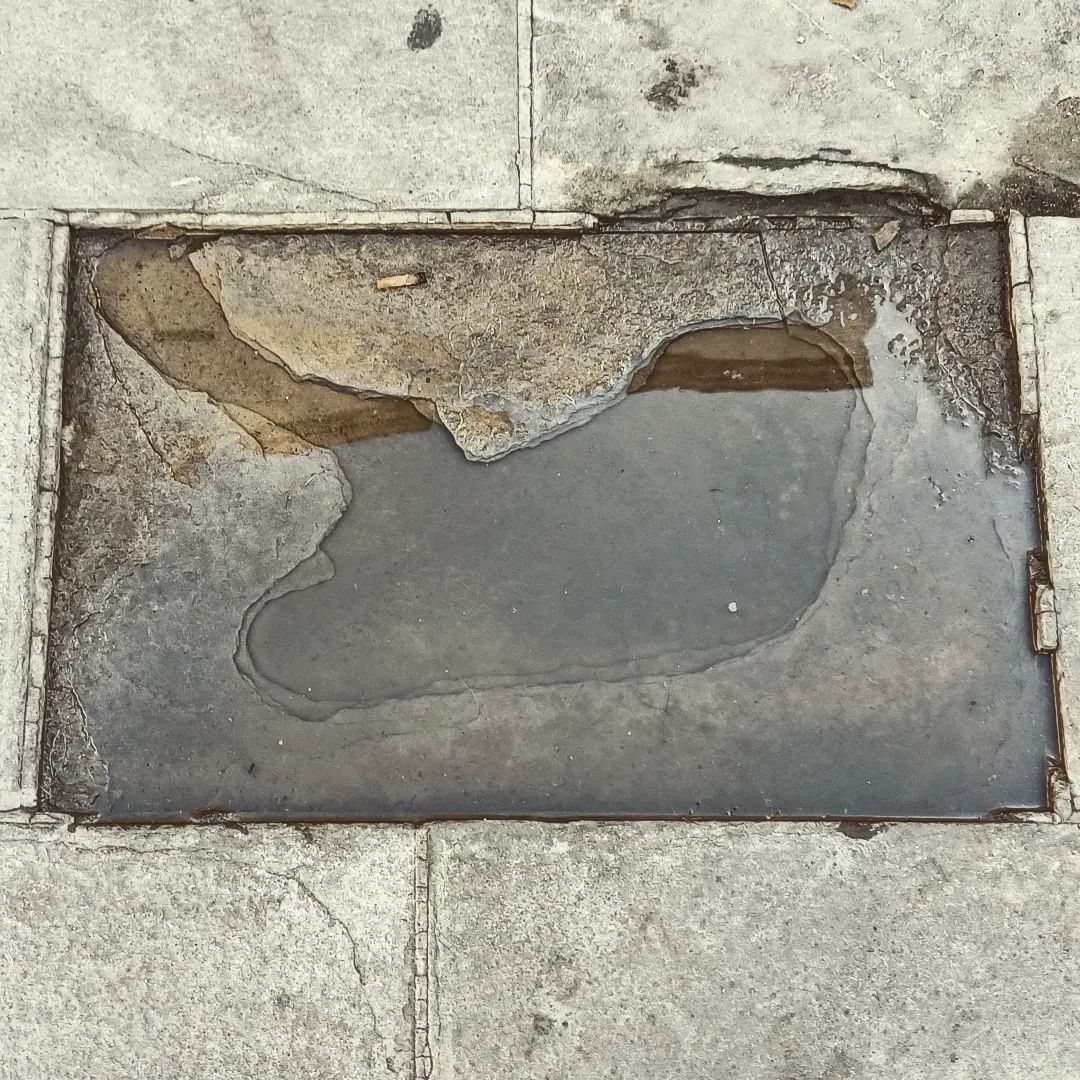
This article, Considering the Mental Health of Students on Campus, caught my eye a few weeks ago. Then my mouth hung open and stayed that way for a couple of weeks. I ranted to a few friends about it. I fumed. It just felt so myopic to me. The problem is in the system, not in individuals. I worked on large campus for ten years, eight of them as the director of an International Student Services – an office that saw perhaps more than its fair share of students struggling with stress and mental health. I know what a student in distress looks and sounds like. I remember how we were coached and trained as university staff to respond to such students – either to counseling, where appointments were available months out into the future, or as a threat to be referred to a committee whose acronym escapes me, but whose focus was largely law and order, less resources and assistance.
What is “mental health”? What is “a campus”?
There are very American answers to these questions that the author of this article did not seem interested in examining through a cross-cultural lens. But in the years since I moved from America, and off campus, my perspective has shifted in interesting ways. Concepts have become clear to me in ways they were not before.
There is American mental health. (This means: coping well with an inherently stressful system as though it were normal and justifiable.)
There is the trope of an American campus. (This means: a sort of educational terrarium where you pay to play, or learn, as the case may be)
The American campus wants its students to enjoy good mental health. (This means: the residents of the educational terrarium are best kept in a status where they can keep paying tuition and fees and other bills to move forward to complete their degree.)
But what is American cultural messaging around mental health?
In America, we are urged to pursue an ever-increasing independence, through school, sport, leadership activities, and the like. No one really talked about community or community-building. The community exists to promote independence and the American idea of “leadership” in its individuals.
The idea of independence, particularly as it relates to the “university experience,” is unique to America. Children leave home at seventeen or eighteen to attend campuses far from home. They are housed at no modest fee in dormitories reminiscent of a cultural boot camp, with resident assistants and an elected student housing government that discusses things like seasonal parties and dining hall hours. There is a a dining hall for meals, and small restaurants and cafes where the university ID can be used to purchase food when needed, provided the account has been credited by a parent or some source of funding. Other buildings are provided where classes were held. Students go home for holidays. I know this is not a universal experience, but it is a typical experience in America.
I think back on it, and it is astonishing to me that this has become a normative expectation in America. WHY should we be so independent, leaving our families and the communities where we grew up (such as they were) to join communities whose cost of admission was an expensive tuition and housing bill? What purpose did this serve? Apart from education, which of course is important, but why all the cultural collateral?
Be independent, be independent, be adult. I try to imagine when it happened that this expectation, for this young adult age, became normal. Is it rooted in American exceptionalism? Pioneer times? Settlers and their descendants who strived for a higher order of pioneering and settling? It’s not like students settle in their college towns. “College town” tends to be American cultural shorthand for “small and no one sticks around really. Also many cheap bars.”
We have an English friend whose grandmother was born in (what was then) the British Raj. She boarded a ship at four to sail to England to enroll in boarding school, to be educated far from a place her parents felt was not home. England was very much a home base for those colonial families.
In distant centuries, education was a commodity for wealthy families who employed tutors and governesses in the home. With colonization and the rise in economic strength among “governing” nations, a formal education came to be seen as a way in wealthier families to distinguish oneself and one’s family, to advance one’s career and family fortune. Think of Oxbridge in the UK, and the Ivies in the U.S. The Sorbonne, Bologna, Salamanca. Trinity College in Dublin, and Heidelberg in Germany. Universities became gathering places for academics and their pupils, a learning destination that shaped the arc and tenor of cultures.
Meanwhile in America something different was afoot: the idea of universal education. The nineteenth century and the westward expansion of American and immigrant settlers saw the rise of the schoolhouse. Perhaps one room, yes, perhaps just one young, unmarried teacher, yes. Deeply aligned to the agricultural calendar, yes – school in the winter months, but helping on the farm in the temperate months of planting and harvesting. But an expectation that even the children of farmers, and townfolk whose life work found shape in engaging in the commerce, business, and activity of those American towns and cities – even the children of shopkeepers and farmers, in many cases the working class, and in some cases people close to impoverished, those children came into a socially contracted right to education. What was the purpose of education? The Founding Fathers of our mythology had a thing to say here and there about it – those who do not know history are doomed to repeat it. Jefferson and his library full of the books of the Enlightenment. Education came to be seen as a good thing – an important pursuit for children of varied languages, cultures of origin, economic status.
My own grandfather, Harold, whose parents spoke Norwegian and Finnish in their home of the northern coast of Upper Michigan, was the eleventh of twenty-one children born on that farm, and the first in his family to finish high school, together with his two sisters. A huge accomplishment. Prior to 1800, or even 1850 or 1900, this would not have even been possible. They were subsistence farmers in a fairly hostile climate, making their way in a nascent American culture, code switching as needed to navigate as circumstances dictated. He did not return to the farm to live. He relocated to Detroit to seek work, where my grandmother Lempi had also moved to seek work as a young adult. They met there, and married, and returned to Upper Michigan to live in the bustling urban center of Hancock-Houghton, twin cities on hills that rise on each side of the Portage Canal. The farm receded from his daily life , but remained an important anchor and destination for him until his death in 1984. He did not attend university, but four of his seven children did, each of them also completing graduate degrees in medicine, math, communications, and education. Even when I consider this as a family anecdote it astonishes me. My mother and father also met on a campus, my father far from home but my mother mere walking distance. They each completed university degrees, my mother doing on to complete graduate work. And my brothers and I all completed graduate degrees in our respective fields of chemical engineering, Spanish literature, and computer science, on multiple and far-flung campuses.
Ironically, I stayed closest to home, having perhaps over-bonded with my subscription-based community at seventeen, just a few miles down the road from where I was mostly raised, and indeed returned to that campus almost ten years later for my graduate work. But that is a story for a different day, because the campus community is also how I met my husband and fell in love, marrying him and holding our wedding reception in the student union on a freezing February afternoon.
I suppose my family is Exhibit A when I consider higher education as a force for class mobility. To go from subsistence farming in 1930 to professionals with graduate degrees in one or two generations is an accomplishment, and one not available to everyone, given how the cost of higher education has increased since the 1960s and especially since the 1990s. American culture has shifted, too – more more more, faster always more, grade inflation and the college to hedge fund manager pipeline. I worry about the model, and its sustainability. We talk about this often in our house. Is American higher education sustainable, with its 4,400 institutions? Is education as a market commodity really the best way to manage education? Do Americans really need to be so independent – what purpose does it serve? Maybe we could work on community a little more? Can any university students in America maintain mental health while paying those bills (later loans) and maintaining that schedule – and how to calibrate expectations for what comes after?
As a matter of fact, yes, I would like us to very seriously consider the mental health of students on campus, and to examine it from an international perspective of sustainability and a cost-benefits analysis. Sometimes I wonder if what I gained in education, I lost in community. Maybe I found new communities. Maybe those communities simply tolerated my presence. Maybe my mental health on campus was a direct result of paying only about a thousand dollars a semester in tuition for a really good program in the early nineties, and frankly also being away on long study abroad programs twice, and in Washington D.C. one summer. I can’t help but think that the culture is setting up young adults to fail, with high bills, impossible expectations, and a sense of being unmoored in a pop-up community.
I wonder what our kids will do for college. Vic is the class of 2029, and Eleanor 2032. Eleanor (age 7) is already insistent that she will go to university in America. She’s not old enough yet to read her mother’s essays …..









2 Responses
We might talk about the land-grant model that deeply influenced public post secondary education in the US from the 1860s onward. I think it still has something different to offer in contrast with the highly-commodified and expensive system the US now has. Worth a conversation over tea of wine someday?
Excellent point. Yes, I’d love to discuss. It’s relevant to American history and culture.